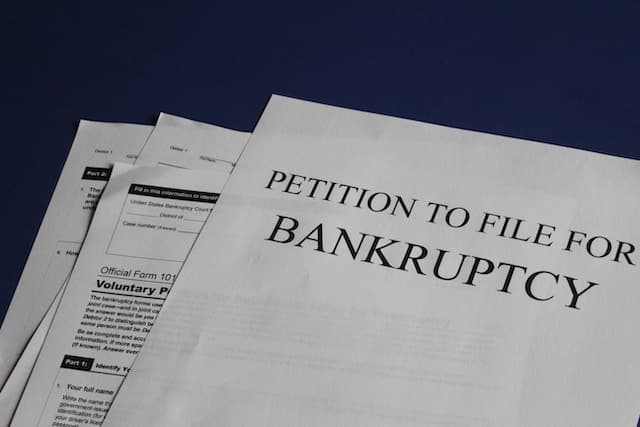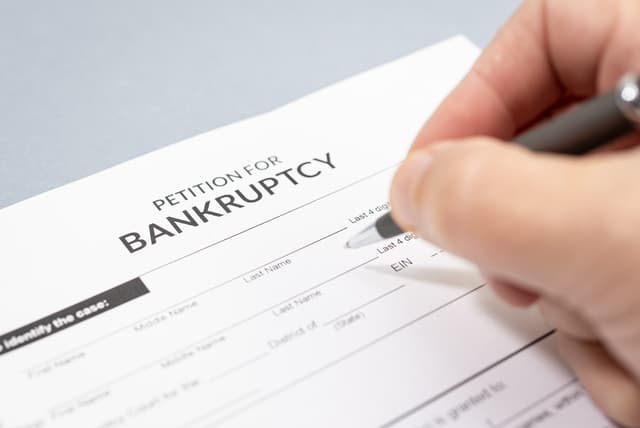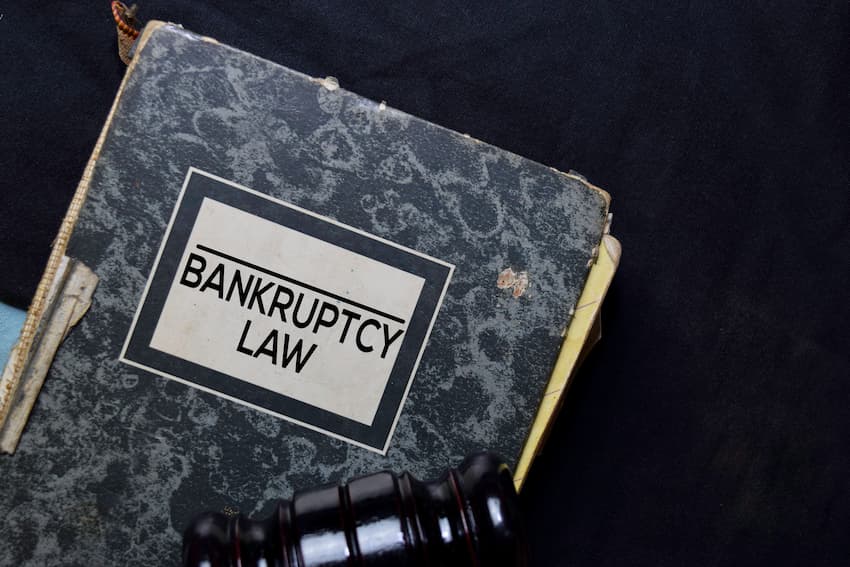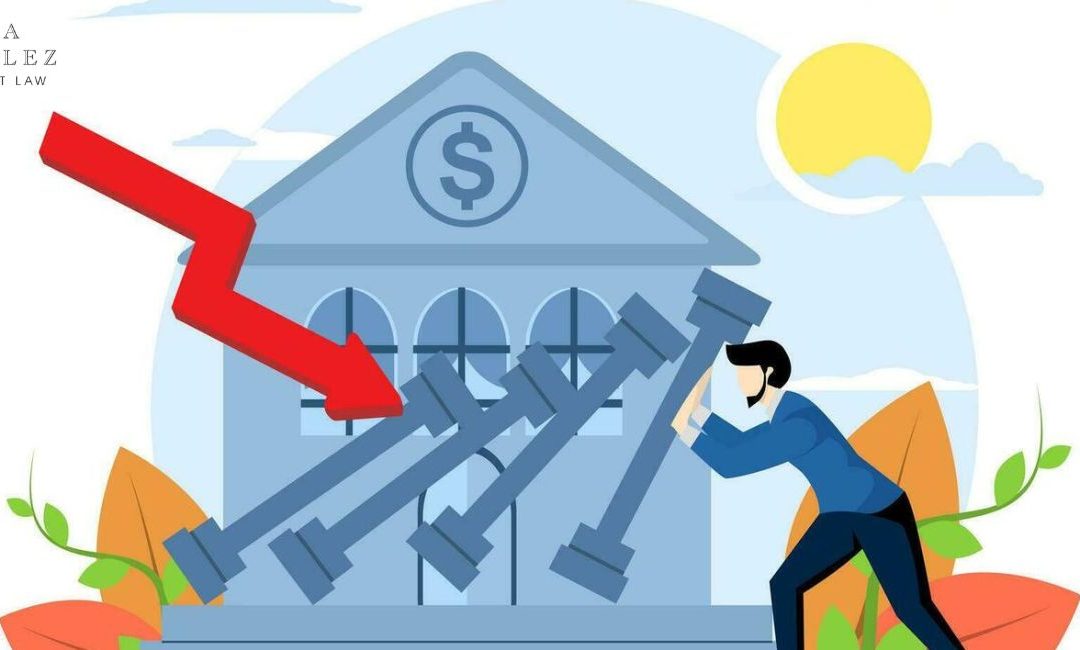The prospect of facing persistent debt collectors can be a daunting experience for many. One of the primary concerns that individuals often grapple with is how to deal with debt collectors and harassment in an effective manner. But with the right knowledge and guidance, it doesn’t have to be an overwhelming process. So, let’s learn more about it!
Understanding Your Rights as a Debtor
Navigating the complex realm of debts and collectors can often feel like an uphill battle. However, it becomes significantly more manageable when armed with the right knowledge. The Fair Debt Collection Practices Act (FDCPA) is a beacon in such scenarios. This act is specifically designed to protect debtors from any undue harassment or misrepresentation from debt collectors. It strictly outlines what collectors can legally do in their pursuit of debts.

For instance, they’re prohibited from using abusive language, making false threats, or calling at odd hours. This doesn’t mean every collector will always play by the rules, which is why it’s paramount to keep detailed written records of every interaction. Such records can be crucial evidence if there’s ever a need for legal intervention. Furthermore, understanding these rights gives you peace of mind and provides a defense mechanism, ensuring that you’re not taken undue advantage of in an already challenging situation.
Dealing with Debt Collectors and Harassment Before Bankruptcy
The lead-up to filing for bankruptcy is undeniably stressful. Piled-up debts, persistent collection calls, and the looming uncertainty of the future can weigh heavily on anyone’s mind.
However, knowing how to approach this phase can help ease the burden and guide you towards a more structured resolution. The way you interact with debt collectors and handle potential harassment is pivotal. With the right strategies, you can make this process smoother and avoid mistakes when filing for bankruptcy.
Communication is Key Before Bankruptcy
Engaging in open conversations with debt collectors can be beneficial. Requesting written communication not only creates transparency but also helps in future references. Always get the other party’s consent if you decide to record calls.
Negotiating Your Way Out
Debt collectors often appreciate debtors who are proactive. Negotiation can pave the way for feasible payment plans or even reduced settlements. While settling might sound appealing, it’s essential to weigh the pros and cons concerning your financial health.
Setting Boundaries with Cease and Desist
If the collection calls become overbearing, sending a cease and desist letter can be your best bet. It formally requests the collector to stop contacting you. However, use this method judiciously as it might lead to more stringent actions from the creditor.
Bankruptcy: A New Beginning
Bankruptcy often carries a stigma, seen as the end of financial integrity. However, it’s more apt to view it as a fresh start—a new chapter in one’s financial narrative. Interestingly, during a recent online survey by Online Movers and Storage Miami, it was revealed that a significant number of individuals hiring movers and relocating to smaller homes or affordable neighborhoods in Miami were doing so after filing for bankruptcy. As per their insights, these moves symbolized a fresh start, away from past financial burdens and into a new environment conducive to recovery.

Their further conclusions suggest that a change in surroundings, post-bankruptcy, often aids individuals in reshaping their financial habits. It’s a testament to how bankruptcy isn’t the conclusion but rather a transition to rebuilding and paving the way for a brighter financial horizon.
The Road After Bankruptcy
Emerging from the cocoon of bankruptcy, many individuals find themselves at a crossroads, uncertain of the path forward or how to deal with debt collectors. The decisions and strategies employed during this phase can be pivotal in shaping one’s financial destiny. Armed with the right knowledge and insights, one can navigate this journey, understanding that bankruptcy can help build a better financial future.
Distinguishing Discharged Debts
Certain debts are typically discharged once you’ve declared bankruptcy, absolving you of the responsibility to pay them back. This essentially means you’re no longer legally obligated to fulfill these debts. However, it’s of utmost importance to recognize which debts fall under this category.
Any attempts by collectors to pursue these discharged debts can be refuted, and it’s critical to be equipped with the correct documentation to assert your rights. And always remember – in certain dire situations, it might be worth consulting Florida’s finest bankruptcy lawyers. Their expertise can guide you, offering an additional layer of protection.
Reaffirmed Debts and Their Implications
Post-bankruptcy, there are scenarios where individuals choose to continue servicing certain debts, known as reaffirmed debts. While this commitment ensures the retention of certain assets, like a home or car, it’s vital to be fully aware of the terms and obligations. Reaffirming a debt means acknowledging its validity and your intention to pay it off, so handle such commitments with care and clarity.

Your Credit Report is Your Financial Mirror
A bankruptcy stamp doesn’t remain on your financial history indefinitely. However, being proactive about monitoring your credit report is imperative during its tenure. It serves as a reflection of your financial health, progress, and potential red flags. Regular checks allow you to spot and rectify any discrepancies, ensuring a smoother transition back to financial stability.
Charting Your Financial Path Forward
Emerging from bankruptcy is akin to seeing the first rays of dawn after a long, dark night. It’s an opportunity to embark on a journey towards a brighter financial horizon rather than dwell on the past. The winding road leading up to and after bankruptcy is filled with challenges, but each one serves as a stepping stone, guiding you toward improved financial resilience.
With the right mindset, equipped knowledge, and understanding that bankruptcy can be a fresh start, one can rebuild and march forward confidently. Remember, every challenge faced teaches you how to deal with debt collectors and strengthens your financial acumen, turning potential pitfalls into lessons for a prosperous future.











